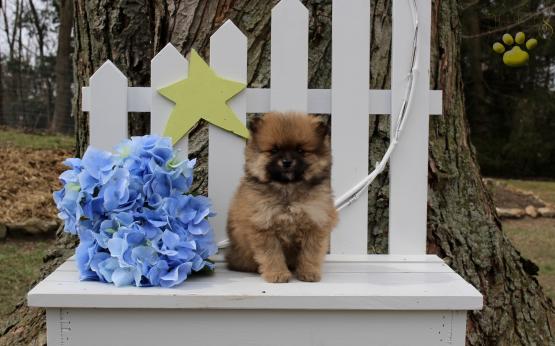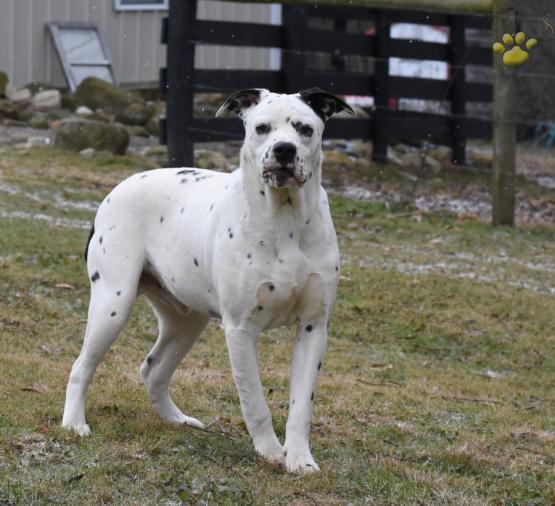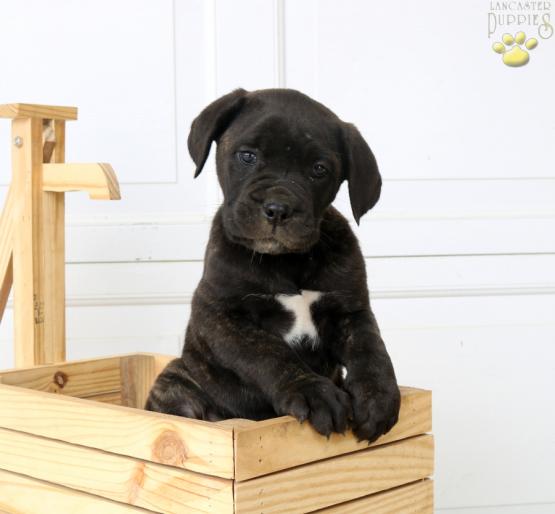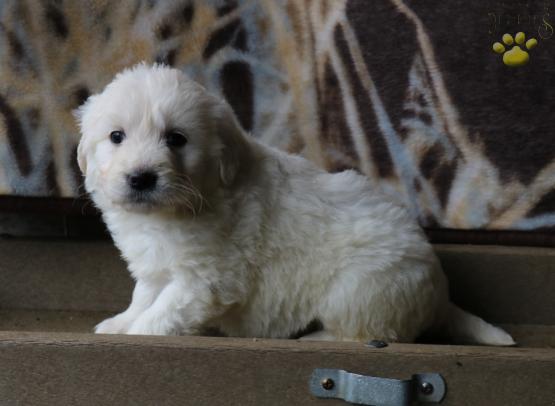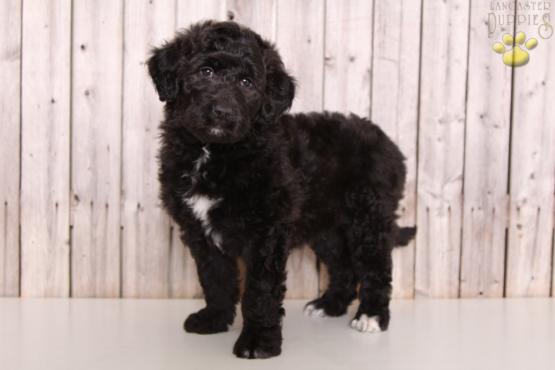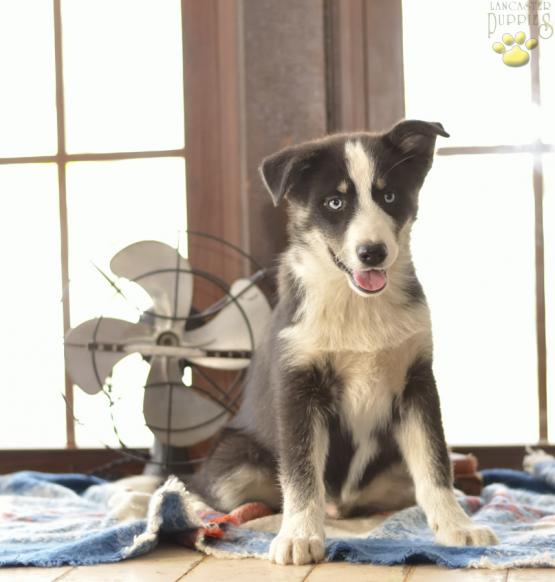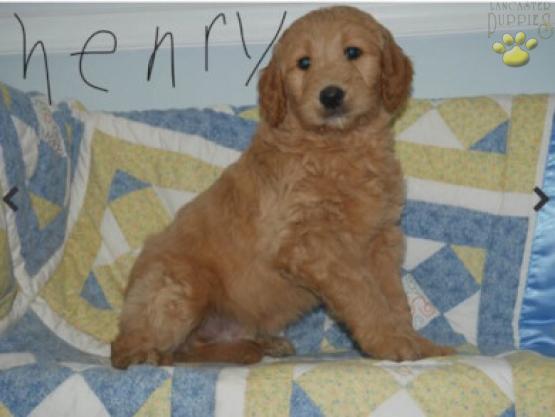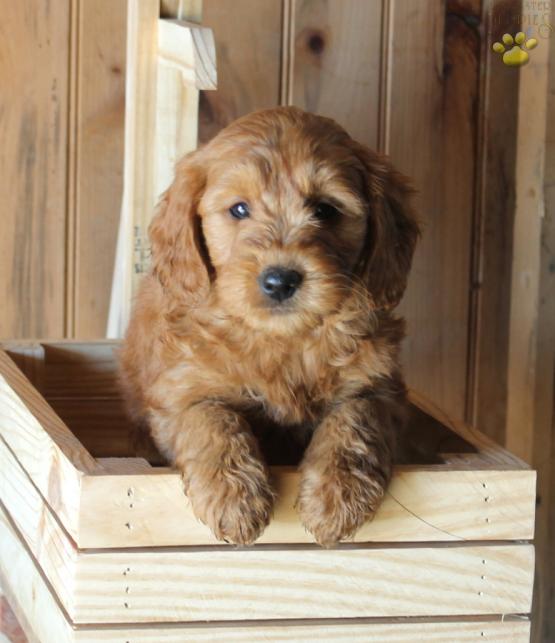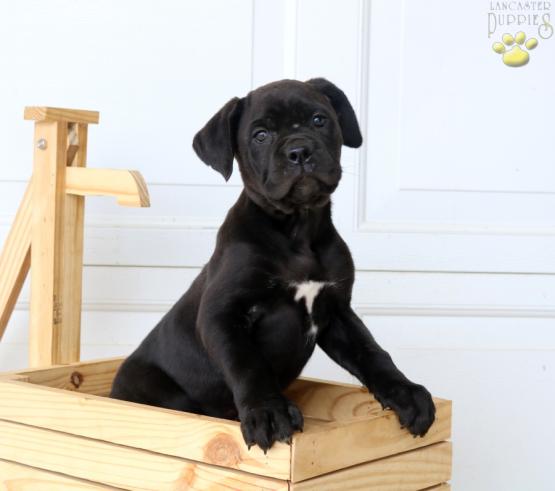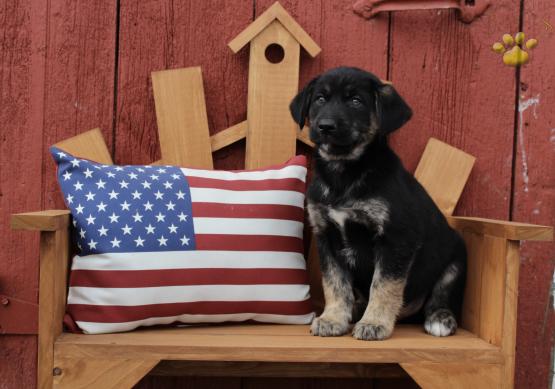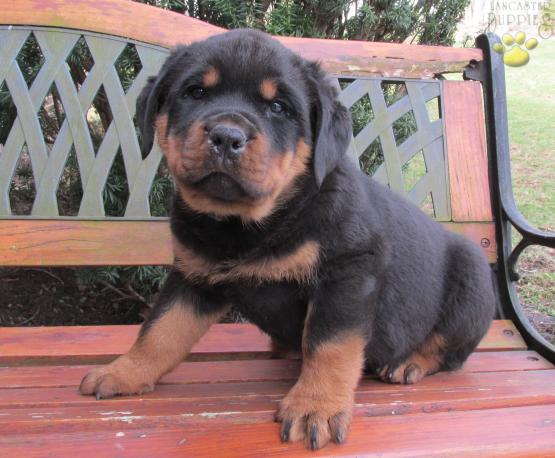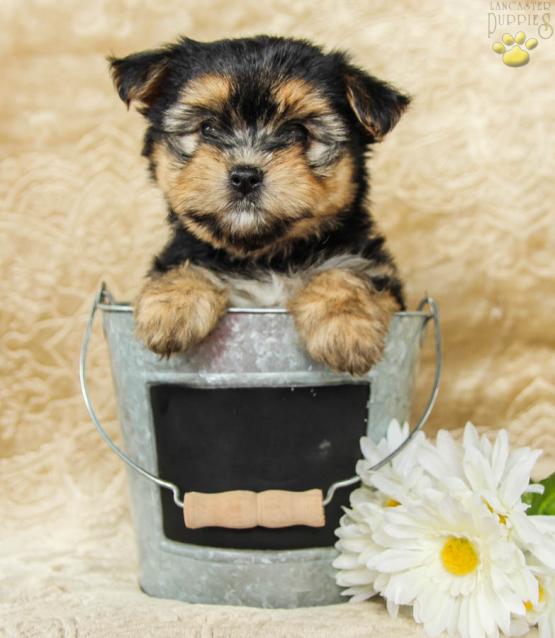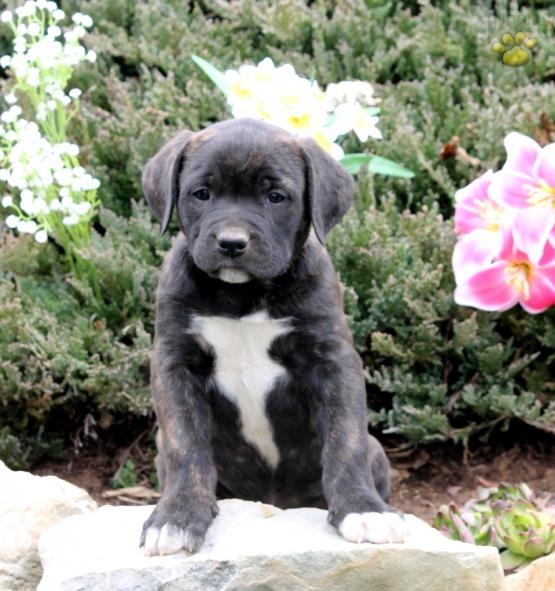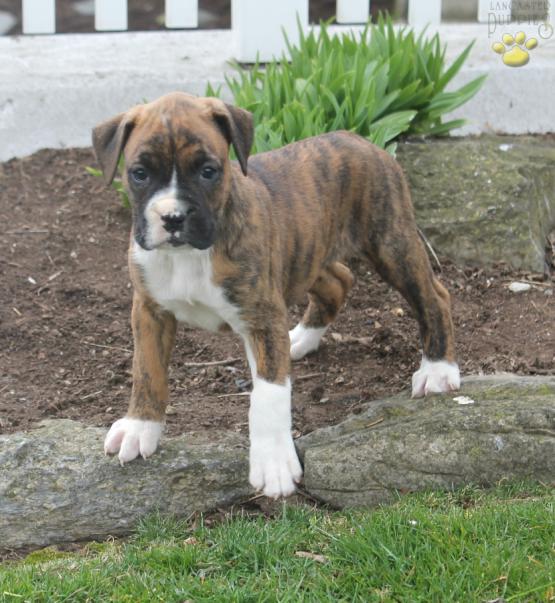4 Things to Consider Before Buying Your Perfect Pooch
The dog's coat: This is important because it should affect your decisions on what dog to buy. If the dog is going to be living inside, it's likely you want a non-shedding dog that doesn't leave hair hanging on every fuzzy surface inside your home. If you can't stand any dog hair whatsoever, buy a puppy with a non-shedding coat. The most common breeds of non-shedding dogs are Poodles (Standard, mini, toy, teacup), Shih Tzus, Bichon Frise, Yorkshire Terrier, Maltese, Lhaso Apso, Silkie Terriers, Havanese, and so on. Any mixes including these breeds will tend to be low shedding or non-shedding, it all depends on what they are mixed with. For example: Yorkie-poos (or Yorkshire Terrier and Poodle mix) will not shed because both parents are non-shedding. If one of the parents is shedding, the offspring will have a combination of some traits from both parents so it's possible they won't shed but it's likely they will a little bit. Be aware that if the dog doesn't shed, however, the coat will require more maintenance such as clipping and combing. Many people choose dog breeds that do shed but merely comb them on a daily basis outside so the hair shed inside is limited. If you want the dog as an outside farm dog or as an adventure companion, a shedding dog might be actually what you want since the coat is lower maintenance. Dogs with longer hair (like Golden Retrievers) will do better in cold climates but the hair will get tangled and matted quicker. Although shedding helps this problem, it's still something to consider. Also, when the weather warms up, the dog will respond by shedding profusely. Shorter hair lengths will do well in hotter climates and won't get tangled, matted, or get as heavy when it's wet. Dogs like the Australian Cattle Dog have short, dense fur that is water resistant and is very low maintenance. Labrador Retrievers are also a very popular dog with shorter, thick fur that excels in outdoor environments.
The dog's energy level: You can't judge a dog by it's breed but it gives you a good guideline to go by. Look up the dogs you are interested in and see how active they are. Look at the dogs origins. Was the breed developed as a hunting dog? If so, it's likely high energy. Is it a herding dog? Then it's going to like running and will have herding instincts such as nipping at the heels of running things. Do your research so you don't have a super high energy dog stuck inside your city apartment all day. That's not a good combination for your dog or your apartment (since bored, high energy dogs are quite destructive).
The dogs size: Obviously the bigger a dog, the more room you need for it to be comfortable. If you have a small apartment, you may want to consider something other than a Great Dane or an English Mastiff. If you have a 2,000 acre ranch, a Toy Poodle will not do well beside your tractor putting up fence rows or herding cows in the morning. Do you want the dog for personal protection? A Chihuahua is not an effective guard dog although any dog can let you know when a stranger is lurking around. But if you want an intimidating dog as a way of protecting yourself while jogging, for example, a bigger dog is much more effective. Breeds like Rottweilers, Dobermans, and German Shepherds may be what you are looking for. Guard dogs have a reputation for being mean but if you make it a point to socialize your intimidating dog as a puppy, guard dogs can be extremely friendly and nice to have around while having the instincts to realize when someone isn't welcome.
The dog's personality: Dog breeds have personalities. Do you have kids? Then you need a puppy that will put up with your little ones trying to ride it like a horse around the backyard. Any dog, if raised with lots of love and attention from children, will probably get along with the children it knows. Breeds like Mini Eskimos can be a bit stand off-ish with new people. Breeds like Golden Retrievers and Labs have a reputation for doing well with children and are some of the best selling breeds in America.



